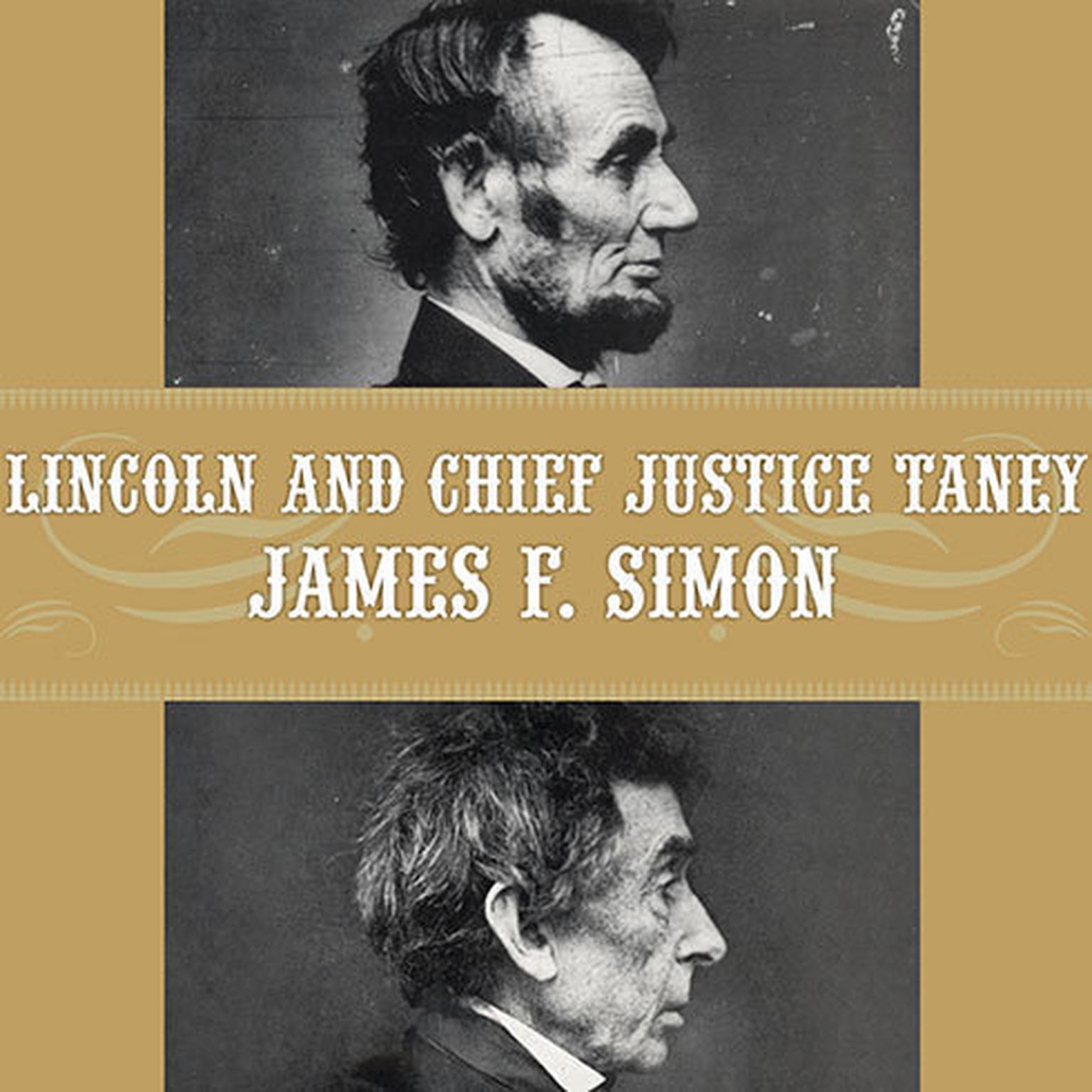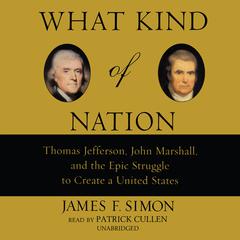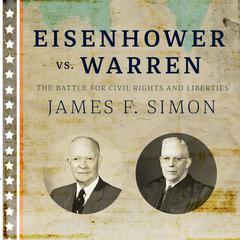 Play Audiobook Sample
Play Audiobook Sample
Lincoln and Chief Justice Taney: Slavery, Seccession and the President's War Powers Audiobook
 Play Audiobook Sample
Play Audiobook Sample
Quick Stats About this Audiobook
Total Audiobook Chapters:
Longest Chapter Length:
Shortest Chapter Length:
Average Chapter Length:
Audiobooks by this Author:
Publisher Description
The clashes between President Abraham Lincoln and Chief Justice Roger B. Taney over slavery, secession, and Lincoln's constitutional war powers went to the heart of Lincoln's presidency.
Lincoln and Taney's bitter disagreements began with Taney's Dred Scott opinion in 1857, when the Chief Justice declared that the Constitution did not grant the black man any rights that the white man was bound to honor. Lincoln attacked the opinion as a warped judicial interperatation of the Framers' intent and accused Taney of being a member of a pro-slavery national conspiracy.
In his first inaugural address, Lincoln insisted that the South had no legal right to secede. Taney, who administered the oath of office to Lincoln, believed that the South's seccession was legal and in the best interests of both sections of the country.
Once the war began, Lincoln broadly interpreted his constitutional powers as commander in chief to prosecute the war, suspending habeas corpus, censoring the press, and allowing military courts to try civilians for treason. Taney vociferously disagreed, accusing Lincoln of assuming dictatorial powers in violation of the Constitution. Lincoln ignored Taney's protests, and exercised his presidential authority fearlessly, determined that he would preserve the Union.
James F. Simon skillfully brings to life this compelling story of the momentous tug-of-war between the President and the Chief Justice during the worst crisis in the nation's history.
"...taut and gripping...a dramatic, charged narrative."—Publishers Weekly Starred Review
Download and start listening now!
"An excellent piece of scholarship and a highly-readable popular history. I learned and re-learned a great deal. (Page 217 is especially enlightning.) If nothing else, grab a copy from the library-or curl up with one at a bookstore-and read the superb Epilogue. "
— Blake (5 out of 5 stars)
Quotes
-
“Taut and gripping…The focus on presidential war powers makes this historical study extremely timely.”
— Publishers Weekly (starred review) -
Taut and gripping.... The focus on presidential war powers makes this historical study extremely timely.
— Publishers Weekly Starred Review
Lincoln and Chief Justice Taney Listener Reviews
-
" History remembers Justice Taney almost solely in terms of the Dred Scott decision, rightly perhaps, but getting a more complete portrait of him as a judge and a lawyer, and of the less famous slavery decisions of the Taney court was interesting. Well written. "
— B., 2/21/2013 -
" An extremely well-written and researched book. A wonderful introduction to the lives of both Lincoln and Taney and the fight over slavery that led to the Civil War. "
— Michael, 1/17/2013 -
" Not nearly as compelling as I had hoped. It is a decent read, but did not really bring to life these starkly different men. "
— Mr., 7/15/2012 -
" Far too kind to Taney, and hurt by an anticlimactic ending, this is a solid introduction to the antebellum crisis. It is also refreshing that the book does not devolve in Lincoln worship. "
— Sean, 4/10/2011 -
" The book was great. It was not bogged about too much analyzing and research where a non history person would enjoy the information. "
— Gabriel, 6/12/2010 -
" An excellent piece of scholarship and a highly-readable popular history. I learned and re-learned a great deal. (Page 217 is especially enlightning.) If nothing else, grab a copy from the library-or curl up with one at a bookstore-and read the superb Epilogue. "
— Blake, 10/26/2009 -
" Had this book been consistent with its sub-title, it would have made for an interesting monograph, which the last third of the book actually was. However, in making this book-length, the author in fact tracked the two men in the manner of a dual biography. I found that uninspiring and wiki-ish. "
— Tony, 9/27/2009 -
" Not nearly as compelling as I had hoped. It is a decent read, but did not really bring to life these starkly different men. "
— Mr., 10/27/2008 -
" History remembers Justice Taney almost solely in terms of the Dred Scott decision, rightly perhaps, but getting a more complete portrait of him as a judge and a lawyer, and of the less famous slavery decisions of the Taney court was interesting. Well written. "
— B., 4/20/2008
About James F. Simon
James F. Simon is the Martin Professor of Law at New York Law School. A former correspondent and contributing editor at Time magazine and the author of several critically acclaimed books on judicial history, including The Antagonists and The Center Holds, he lives with his wife in West Nyack, New York.
About Richard Allen
Richard Allen is an accomplished and respected theatrical actor whose work includes Ragtime and PBS’ Great Performances: Play On! His voice can be heard on numerous television and radio productions, as well as the animated series Jumanji. Allen is also the winner of seven AudioFile Earphones Awards.





